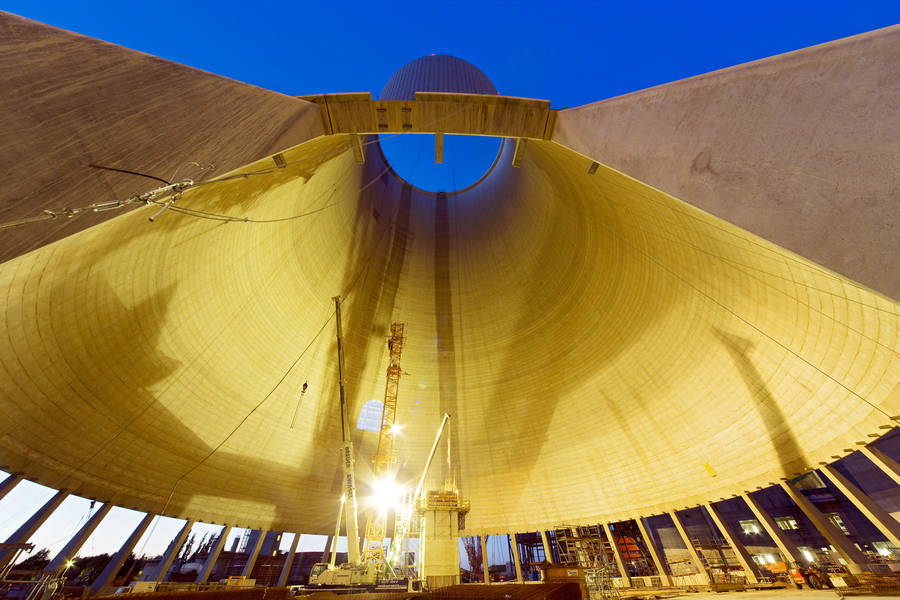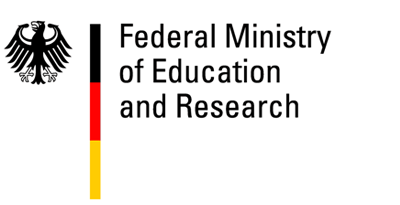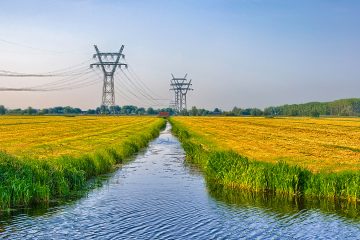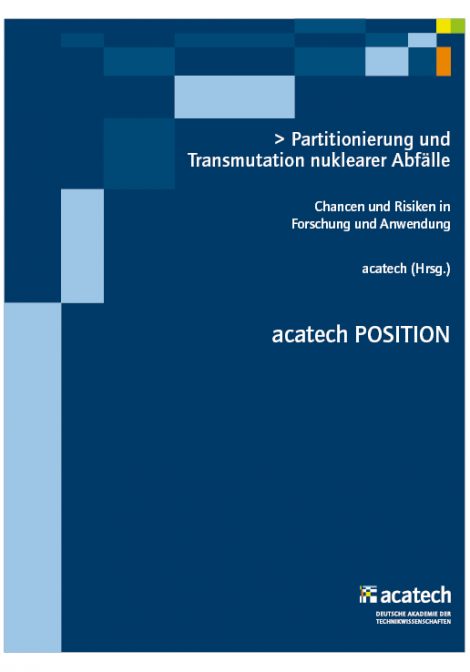The societal implications of partitioning and transmutation research

Work on the Duisburg-Walsum CHP plant. At the Academy Day, experts discussed the prospects of achieving a sustainable resource supply in an era of dwindling raw material stocks and climate change. © acatech/T. Ernsting
Background und aims
Partitioning and transmutation refers to the conversion of long-lived radioactive nuclides into shorter-lived or stable isotopes. To date, the majority of studies on this subject have been technical or scientific in nature, focusing on the options for deploying P&T technology. If it becomes possible to use this technology on an industrial scale, partitioning and transmutation could help to reduce the volume of long-lived nuclides and thus the overall longevity of radioactive waste.
The permanent disposal of radioactive waste is a particularly controversial issue in Germany. However, it is also true that Germany possesses both the expertise and the technological resources to investigate partitioning and transmutation. Accordingly, we urgently need to take a position on this issue, not least in the context of the energy transition and the rapid phase-out of nuclear power. What could partitioning and transmutation mean for the permanent disposal of current and future radioactive waste in Germany? Which societal requirements and conditions influence public acceptance of partitioning and transmutation technology?
The project aims to provide input that will help Germany formulate a position in the partitioning and transmutation debate. One concrete goal is to produce a study containing recommendations that can serve as a basis for future policy decisions in the field of partitioning and transmutation. The study will set out the scientific, technological and societal opportunities and risks of partitioning and transmutation research, with the information on the technological aspects being largely based on the work of project partners. It will also assess these opportunities and risks and use the results to formulate recommendations for developing an appropriate communication and action strategy for policymakers.
Project group members
- Prof. Dr. Heinz Bonfadelli
Universität Zürich - Prof. Dr. Armin Grunwald
Karlsruher Institut für Technologie (KIT) - Prof. Dr. Helmut Jungermann
TU Berlin - Dr. Roman Lahodynsky
Universität für Bodenkultur Wien - Prof. Dr. Alex C. Mueller
National Institute for Nuclear and Particle Physics - Dr. André Reichel
Zeppelin University - Prof. Dr. rer. pol. Dr. h.c. Prof. E. h. Ortwin Renn
IASS Potsdam
Further information
Partitioning and Transmutation of Nuclear Waste: Evaluation of Societal Implications




